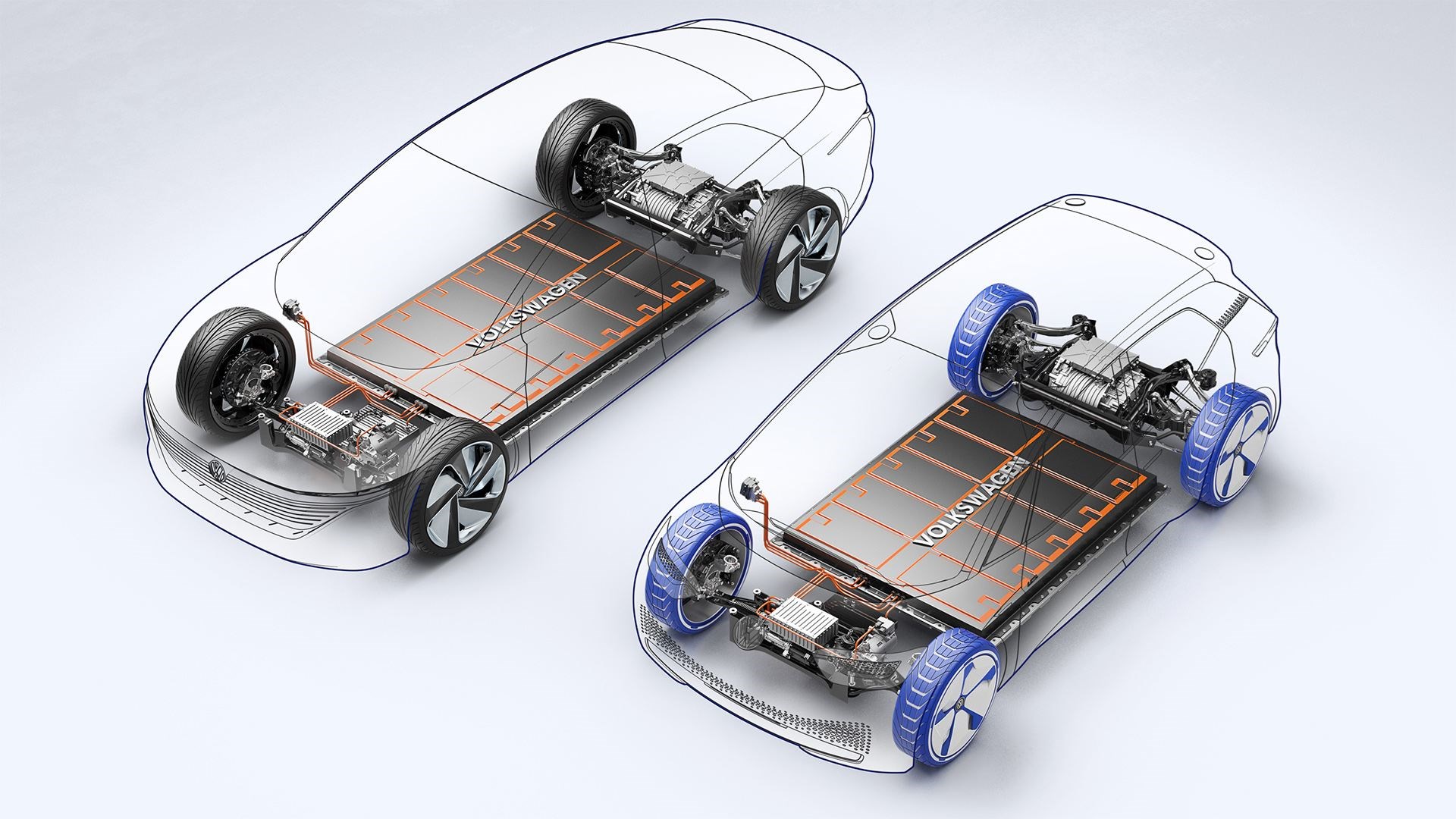Absolutely! Here’s a 3000-word article about electric car batteries, structured with headings and subheadings as requested.
The Heart of the Electric Revolution: Understanding Electric Car Batteries
Electric vehicles (EVs) are rapidly transforming the automotive landscape, driven by advancements in battery technology. The battery, the heart of an EV, dictates its range, performance, and overall viability. Understanding the intricacies of these batteries is crucial for anyone interested in the future of transportation.
The Fundamentals: How EV Batteries Work

At their core, EV batteries are rechargeable electrochemical energy storage devices. They function through a process of reversible chemical reactions, allowing them to store and release electrical energy.
Key Components and Chemistry
Cells: The fundamental building blocks of a battery, cells consist of an anode, cathode, electrolyte, and separator.
Charging and Discharging Processes
When charging, lithium ions move from the cathode to the anode, storing energy.
Battery Performance and Characteristics

Several key characteristics define an EV battery’s performance.
Energy Density
Energy density, measured in watt-hours per kilogram (Wh/kg), indicates how much energy a battery can store relative to its weight.
Power Density
Power density, measured in watts per kilogram (W/kg), indicates how quickly a battery can deliver power.
Cycle Life
Cycle life refers to the number of charge-discharge cycles a battery can endure before its capacity significantly degrades.
Charging Speed
Charging speed is crucial for convenience, with fast charging technologies enabling rapid replenishment of energy.
Temperature Sensitivity
Battery performance is influenced by temperature, with extreme temperatures affecting both charging and discharging.
Battery Technologies and Advancements
Ongoing research and development are driving rapid advancements in battery technology.
Lithium-Ion Battery Variations
NMC Batteries: Known for their high energy density, NMC batteries are widely used in EVs.
Battery Management Systems (BMS)
The BMS plays a crucial role in monitoring and controlling battery performance, ensuring safety and optimizing efficiency.
Recycling and Sustainability
As EV adoption increases, battery recycling becomes critical to reduce environmental impact.
The Future of EV Batteries
The future of EV batteries is bright, with ongoing innovations promising even greater performance and affordability.
Next-Generation Battery Technologies
Continued research into solid-state batteries, silicon anodes, and other advanced materials will drive further improvements.
Cost Reduction
Improved Infrastructure
Increased Battery Lifespans
Conclusion
Electric car batteries are at the forefront of the automotive revolution, and their continuous evolution is reshaping the way we transport ourselves. The advancements in lithium ion battery technology is driving the global shift toward sustainable transportation. As research and development continue, we can expect to see even more efficient, affordable, and sustainable EV batteries in the years to come.
